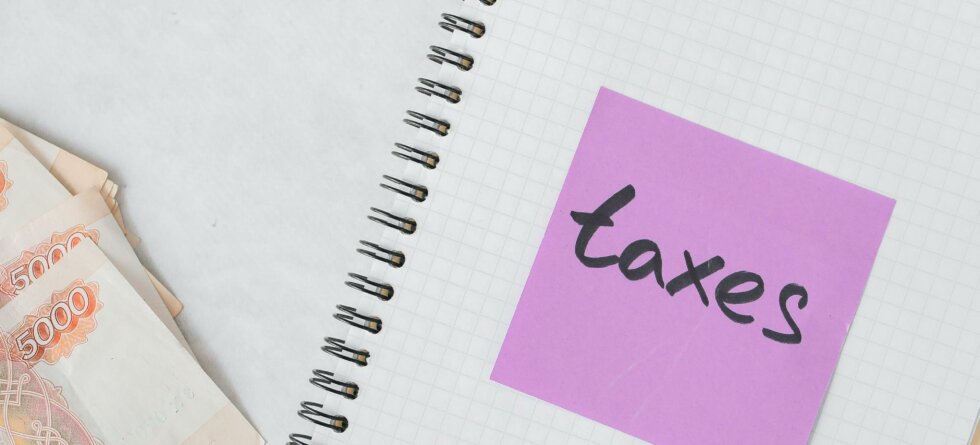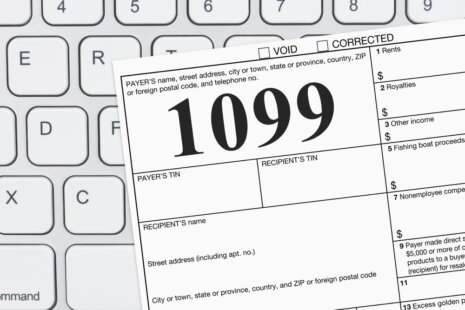If a small business fails to pay taxes owed to the government, there can be serious consequences, including…
- Accrued Interest and Penalties – The IRS and state tax agencies typically charge interest and penalties on unpaid taxes. These charges can accumulate over time, significantly increasing the amount owed.
- Tax Liens and Levies – The IRS or state tax authorities may place a tax lien on the business’s assets or property, making it difficult for the business to sell or transfer assets. In severe cases, they may also issue a levy, allowing them to seize assets to satisfy the tax debt.
- Legal Action – The government may take legal action against the business to collect the unpaid taxes. This could involve lawsuits, garnishment of wages, or seizing bank accounts.
- Loss of Business License – Some jurisdictions may revoke or suspend the business’s license for failure to pay taxes. This could prevent the business from operating legally.
- Personal Liability for Business Owners – In certain circumstances, the IRS may pursue personal liability against the business owners, directors, or officers for unpaid payroll taxes or certain other tax liabilities.
- Criminal Charges – In extreme cases of tax evasion or fraud, the government may pursue criminal charges against the business owners or responsible individuals. This could result in fines, penalties, or even imprisonment.
Failing to pay taxes can have serious consequences for a small business, including financial penalties, legal action, and damage to the business’s reputation. It’s crucial for businesses to fulfill their tax obligations and seek assistance from tax professionals if they encounter difficulties in meeting their tax obligations.




